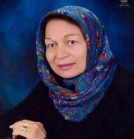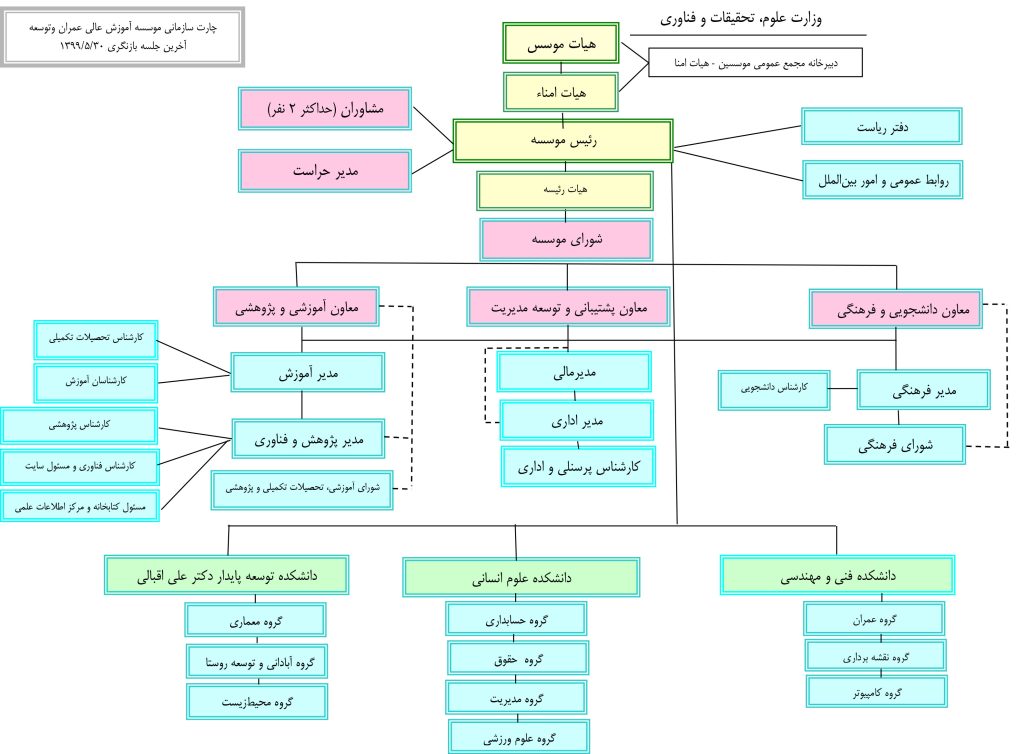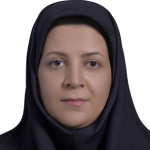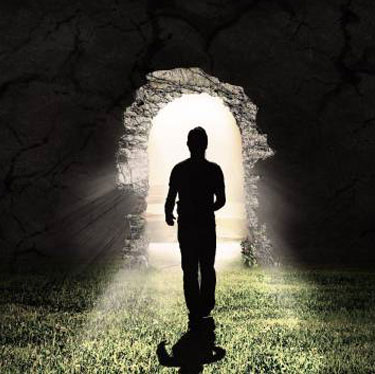جایگاه انسان در نظام خلقت
Man’s Place in the Order of Creation
دکتر علیرضا وثیق
عضو هیأت مؤسس و امنا
مؤسسه آموزش عالی غیر دولتی عمران و توسعه
Man’s Place in the Order of Creation
A look of the common nature of Mankind leads us to ask if this nature has a dual essence, which manifests itself differently under different conditions. Is Man an innately good and benevolent creature, drawn to wickedness under the influence of social and environmental factors? Or is human nature intrinsically deviant and base, with inclination towards goodness under the influence of a factor extrinsic to human nature?
Basically, what is the place of Mankind in the Order of Creation? Is Man to be valued above other creatures, below them, or differently? Views differ as to the answer. Briefly:
- Existentialism, behaviorism and radical communitarians, such as Durkheim, as well as certain empiricists such as John Locke, absolutely deny the existence of human nature and refer to human identity in terms of “tabula rasa”; by essentially ignoring the problem, they avoid having to make any value judgement on Man and his nature.
- Another group, comprising the Freudians, utilitarianism, hedonism and subjectivism, as well as empiricists such as Thomas Hobbes, consider human nature base and wicked.
- The Neo-Freudians (Frome, Eriksson), anthropomorphism such as Karl Rogers and Abraham Maslow, and romantics like Jean-Jacques Rousseau see human nature as good and benevolent, and wickedness as arising out of incorrect decision making or the effect of social environmental on Man.
- Another view Holds that Man possesses a dual nature, consisting of both good and evil elements. It portrays Man and human nature as a biopolar entity.
Whilst emphasize Manʼs propensity for both good and evil, the Holy Koran describes Man as Godʼs heir, the divine trustee, and honoured by the Creator. It also emphasize that many of the many of the phenomena in the Universe were created for the benefit of Man. In other words, the position of the Koran vis-à-vis the status of Man in the Order of Creation encompasses both material aspects and spiritual attainments.
Divine Succession
“(Recall) the time your God said unto the angels: In truth, I shall place a successor on the earth. The angels said: Will you place on the earth one spreads corruption and spills blood, even thought, as we worship and glorify you, we bear witness to your supremacy.”
Adamʼs succession means that Adam is Godʼs heir, His successor in Creation, with the highest expression of this succession being that Man is the symbol and reflection of one or more, even all, of Godʼs attributes, which are manifested and realized through Man.
Human Dignity
The innate dignity of Man in the eyes of Islam is a gift from God, as are wisdom and conscience. This nobility withholds a potential, which if developed and realized through Earnest Endeavour in the course of a “contemplative and rational life”, will have a value based on “free will”. The Korans attitude towards the nobility and worth of Man – Man has been given
the best design in Creation; all that is on the earth and in the heavens have been created for (the benefit of) Man ; the angels prostrate themselves before him; and he has knowledge of all (Godʼs) attributes and is His privileged successor- all attest to the dignity and superiority of Man over other creatures.
Yet in the Koran Man is also depicted as weak, cruel and ungrateful, avaricious, ignorant, like a four-legged beast, and the basest level, which indicate that Man is not superior to other creatures and is indeed inforior to them.
Are these positions truly contradictory or do they merely pertain to different but distinct situations? Contemplation on the verses of the Koran points us in the right direction, namely that Man possesses:
Innate Dignity
Innate nobility and natural dignity is possessed by all human beings, so long as they do not wilfully commit treason or crime against themselves or others, in which case they deprive themselves of this dignity. There are many verses and proverbs in the Islamic canon that clearly attest to the noble position of Man, only a few of which we shall cite here:
And We did in truth honour the children of Adam and We moved them over the land and the sea, and We sustained them with pure provisions and appointed them above many of our creatures.”
This verse explicitly proves that the children of Adam are innately dignified by Almighty God and that He has placed Man above much of Creation.
Therefore all human beings must respect this nobility and dignity in each other as a right, and assume responsibility vis-à-vis this right. The source of this innate dignity is the fundamental and crucial relationship between God and Man, to which the verse “And I blew of my own spirit into him (Man)” refers. Thus Man was bestowed this immense dignity and made worthy of the Angelsʼ prostration.
One must reiterate that the essence of this dignity lies in the very important qualities, powers and talents, which can be used and earnestly developed in a “rational life” to achieve the highest level of spiritual nobility.
Indeed, human beings not only possess the right to life and are duty bound to respect the same right in others but also possess the right to innate dignity, which others are bound to respect – as they are the right to life – so long as the individual dose not deprive himself of this nobility and dignity through crime and treason.
Acquired Dignity
This form of dignity, which arises from Manʼs attempt to develop and improve his talents and positive powers for the cause of perfection and growth, is acquired and is voluntary. Manʼs ultimate moral standing depends on this form of dignity, which is judged in terms of righteousness.
“O people! We created you from one man and one woman, and We placed you in tribes and branches, so that you may acquire wisdom and live alongside each other in harmony. Indeed, the most noble among you by God will be the most righteous among you.”
Given that most human beings, in spite of all the powers, talents and advantages invested in them, still spurn the laws of God and astray, commit sin against Godʼs blessing, are not steadfast in the face of good and evil, and are accordingly called weak, it becomes clear that God has only invested Man with the potential of dignity and moral values. In other words, all the positive talents and powers with which God has blessed Man necessitate moral values and dignity, which themselves necessitate the existence of the right to dignity; it is not the case that men under all circumstances and conditions possess innate dignity and intrinsic nobleness. Therefore, if a human being takes the path of egocentrism and tyranny and utilizes the powers and talents invested in him to nefarious ends, it is evident that such a person not only foregoes his own right to innate but also, since his actions disrupt the life, freedom and dignity of other human beings, he must answer for his crimes and must be punished in defence of the right to life, freedom and dignity of others.



































